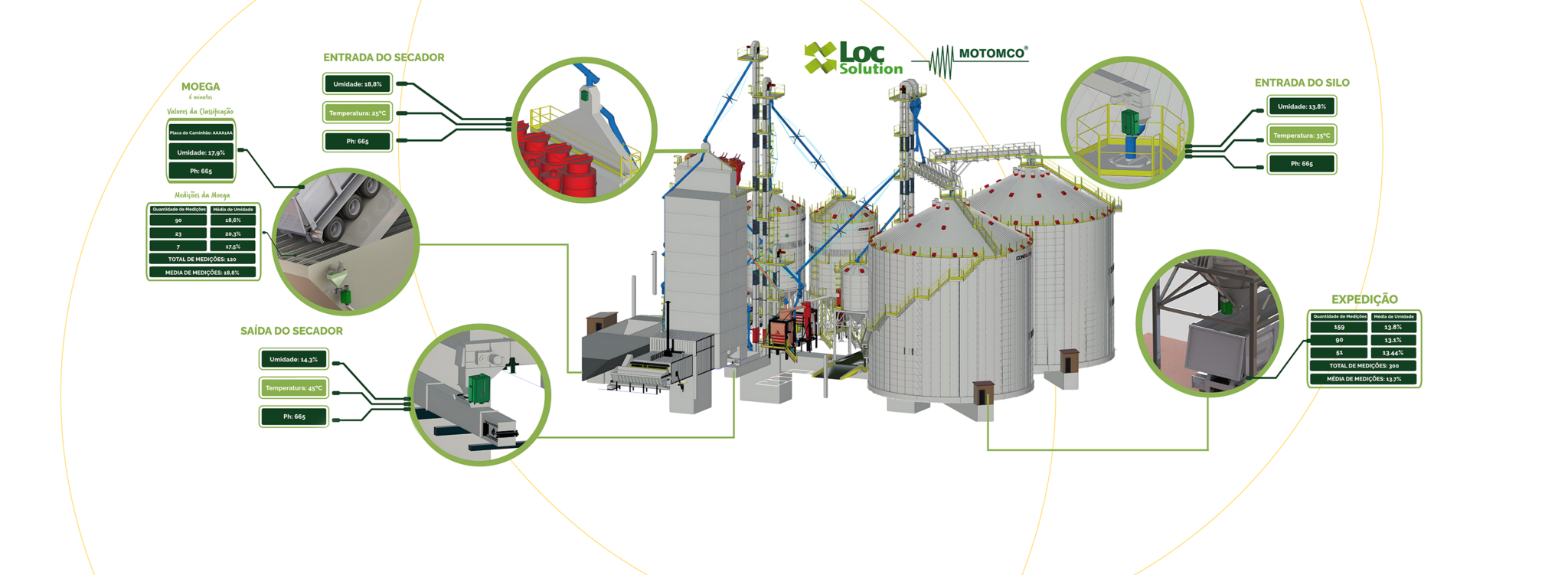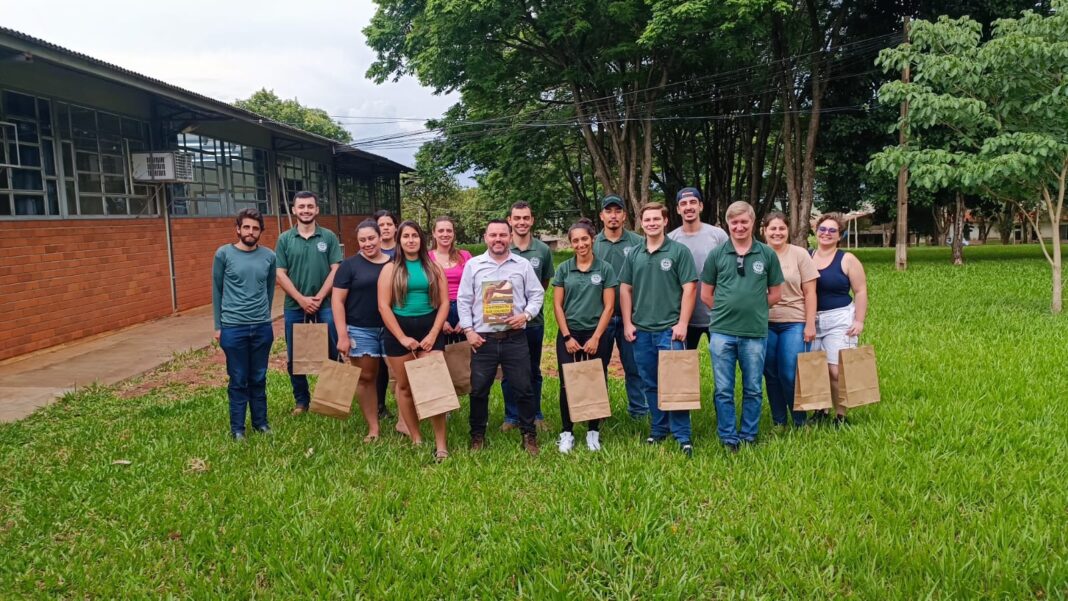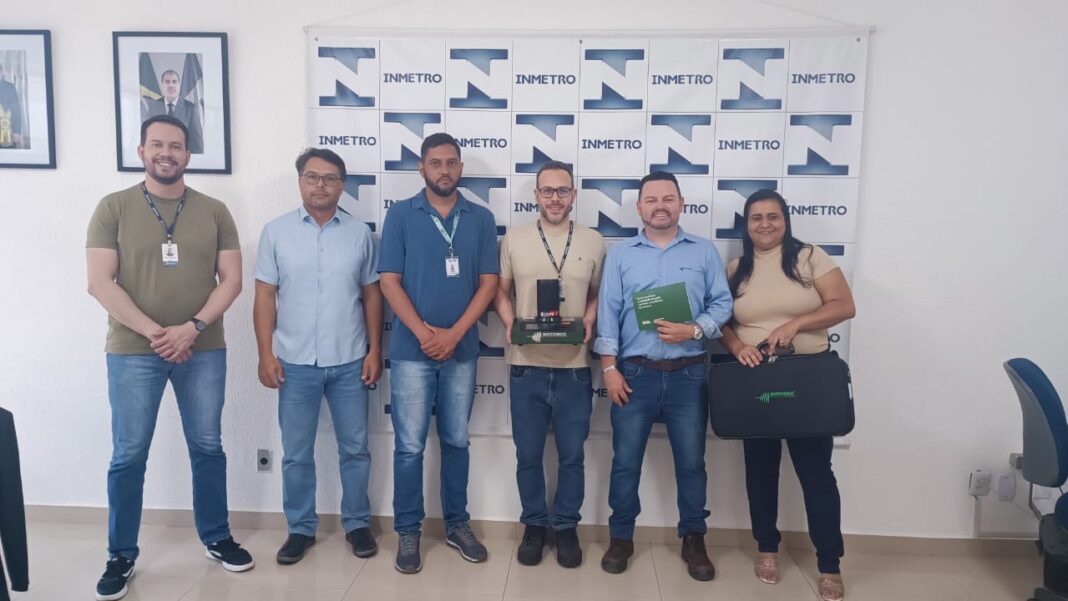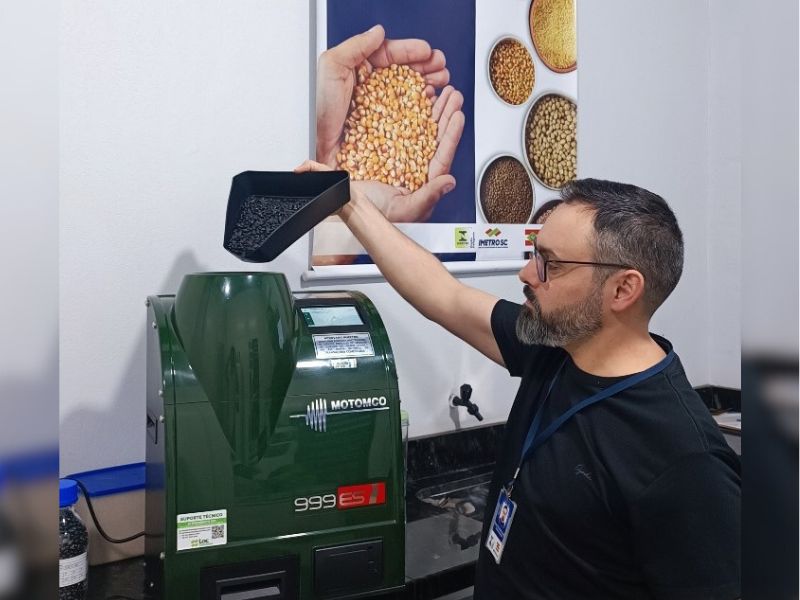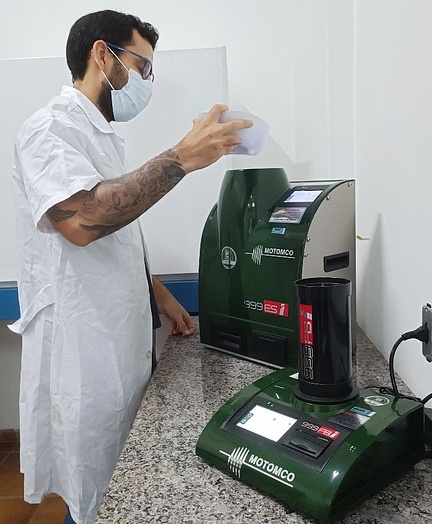The 10th edition of the National Meeting of Agricultural Cooperatives (ENCA), held this week in Campinas, brought together more than 800 leaders and 400 cooperatives to discuss relevant topics and challenges faced by the sector.
The event featured a comprehensive agenda that included topics such as sustainability, financial planning, risk management in cooperatives, value generation in the field, production industrialization, new business opportunities for cooperatives, changes in the international grain market, and the impact on the Brazilian cooperative landscape.
In addition to debates, ENCA provided networking opportunities and knowledge exchange, with the participation of companies linked to the agricultural sector.
Agronomist Roney Smolareck, from Loc Solution, the company that owns the Motomco brand of grain moisture meters, also participated in the event. He emphasized the importance of technology as one of the key drivers boosting the productivity and competitiveness of the agricultural sector.
Post-harvest agricultural engineering specialist, Professor André Luís Duarte Goneli, who participated in ENCA as the moderator of the panel “Technology in Favor of the Environment,” highlighted that agricultural sector technologies are playing a fundamental role in environmental preservation.
Goneli emphasized that post-harvest processes traditionally contribute, directly or indirectly, to environmental degradation as they demand large amounts of electricity and plant biomass. However, he pointed out that technological innovations can make these processes more efficient and less harmful to the environment.
A practical example of this innovation is the EcoDry, a grain dryer equipped with a particulate matter retention system. EcoDry reduces the emission of these particulates, which are common in agricultural cooperatives. “With this technology, we not only reduce particulate emissions but also increase energy efficiency, reducing the use of biomass and electricity,” Goneli explains.
Another highlight he mentioned is the Conect platform, which integrates various technological tools such as digital thermometry, aeration automation, and digital weather stations. One of the most unique innovations is MAG, a robot that measures the volume of stored grains in real-time. “These digital tools enable precise and continuous monitoring, allowing for more assertive, efficient decisions while reducing energy consumption,” Goneli states.
The implementation of these technologies results in more precise and efficient processes that not only improve the quality of agricultural products but also reduce environmental impacts. With reduced energy use and resource optimization, production becomes more sustainable. “Agriculture 4.0, or Smart Farming, connects all production processes, optimizing each stage and ensuring more efficient production with less environmental harm, without the need to reduce acreage,” the professor emphasizes.
The concept of food security was also addressed by the specialist. For Goneli, food security means being able to provide high-quality food in sufficient quantities to meet the needs of the entire population, involving production practices that minimize environmental impacts.
Some companies are at the forefront of this transformation, combining knowledge and technology to develop solutions that meet the market’s demands for sustainability and efficiency.
In partnership with cooperatives, Motomco is advancing the creation of equipment that incorporates modern and environmentally friendly technologies. “We are talking about an increasingly technologically advanced agricultural sector, where sustainability and food security are priorities. These partnerships and technological innovations are essential for achieving these goals,” concludes Goneli.
 Paraguai
Paraguai
